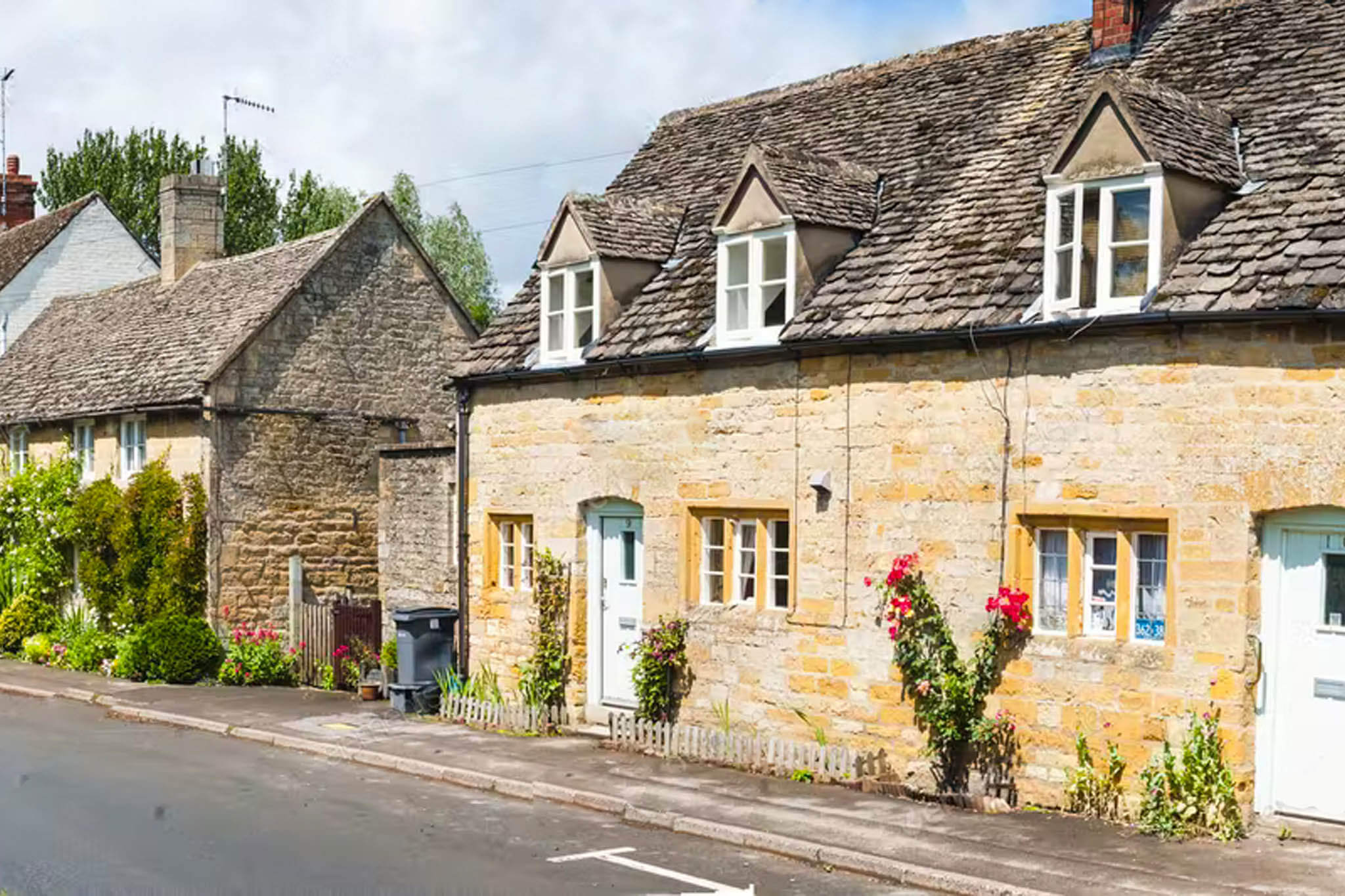David Curran CEO and founder of British Eco Grants shares his tips on how to save money, energy, and, more importantly, the environment.
As nearly 23 million homes are currently heated by natural gas, this represents a massive undertaking .and investment by the government if they are to come anywhere near their ambitious target.
ECO4 started on April 1st, 2022, and is the next phase of the Otgem funding scheme to reduce fuel poverty and cut back on carbon emissions. The government has allocated £4 billion over the next four years for ECO4.
David Curran CEO and founder of British Eco Grants shares his tips on how to save money, energy, and more importantly, the environment. Renewable Technology is the Way Forward.
To replace fossil fuel boilers that currently run on mains gas, oil, or LPG by 2050 is a daunting task. So, with what are we going to replace them?
• Hydrogen boilers
• Ground source heat pumps
• Air source heat pumps
There have been many discussions about replacing gas boilers with air and ground source heat pumps or hydrogen boilers, but are we using the technology available to us?
The Wet System
AAbout 150 years ago, the Victorians created this marvelous invention. You heat water with your fire then Send it around your house in pipes and radiators thus Creating a central heating system. Today, we continue to run on the same Victorian principle - heat water, whether it be by natural gas, fossil fuel (coal, peat, or wood) hydrogen, air, or ground source heat pumps, then circulate it around your property.
Hydrogen
Using a hydrogen boiler to heat your home could be an option as we move forward, but there are a few challenges that need to be addressed:
• The stability of the gas delivery to UK homes using the present piping infrastructure
• Dealing with the waste products of hydrogen production
• The cost
Ground Source Heat Pump
A ground source heat pump works by extracting thermal energy from the ground.
This can be achieved in two different ways:
1) Lay a series of pipes set in channels about a meter deep in land near your property (large garden or field). This is not an option if you have a small garden or no outside space.
2) Drill a borehole near your property, 50 to 100 metres deep. The thermal energy produced from a borehole could supply a number of properties in the nearby location. This option is favourable for new builds when the need for drilling hardware is considered.
Air Source Heat Pump
Air source heat pumps seem to be the preferred option for gas boiler replacement.
Basically, the pump will take the energy from particles in the air that are rubbed together creating friction which results in heat. The heat is then transferred to a water tank and the heated water is pumped around the property with pipes and radiators.
What is not common knowledge is that the heat pump operates at approximately 40-45 degrees centigrade whereas a gas boiler operates at around 75 degrees. This presents a problem with a straight one-to-one swap of boilers.
An air source heat pump will need larger radiators and approximately one hour to start to produce any significant heat. As it runs at a much lower temperature than a gas boiler, the need to fully insulate the property before installation is paramount in keeping energy usage low. Installing an air source heat pump in a poorly insulated property will result in larger energy bills, especially if solar panels and battery packs have not been connected to subsidize the costs.
High Heat Retention Storage Heaters
These completely move away from the 'wet system as they combine technology with renewable energy. Storage heaters in the past have gained a bad reputation (and rightly so) because of their unsuitability as an effective heating system, but the new high heat retention storage heaters work far better at releasing the heat when it is most needed.
Solar PV and Battery Storage
When high heat retention storage heaters are combined with solar PV and battery storage packs, this is making the most use of modern technology and renewable energy to reduce carbon emissions and produce an affordable and efficient heating system.
British Eco Grants can advise you on the best funding route to help you upgrade the energy efficiency of your home. For more information on all the products covered under the current ECO4 funding schemes please enter your details into our online form and one of our ECO funding experts will contact you. britishecogrants.co.uk
Check Now